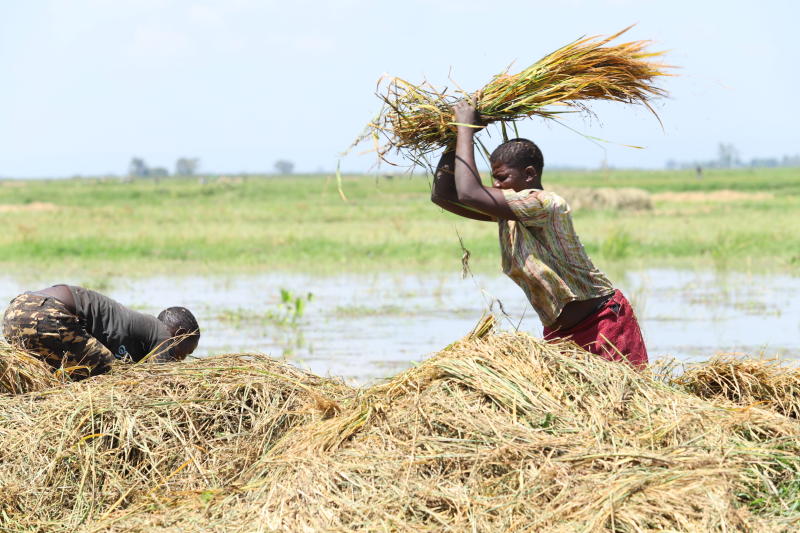×
The Standard e-Paper
Kenya’s Boldest Voice

President Uhuru Kenyatta’s government seems to have neglected the agricultural sector, a situation that might have contributed to the crippling of the country’s economy.
In a report by a policy think-tank, Tegemeo Institute of Agricultural Policy and Development, revealed a declining trend in the budgetary allocations for agriculture since the 2013/2014 financial year.